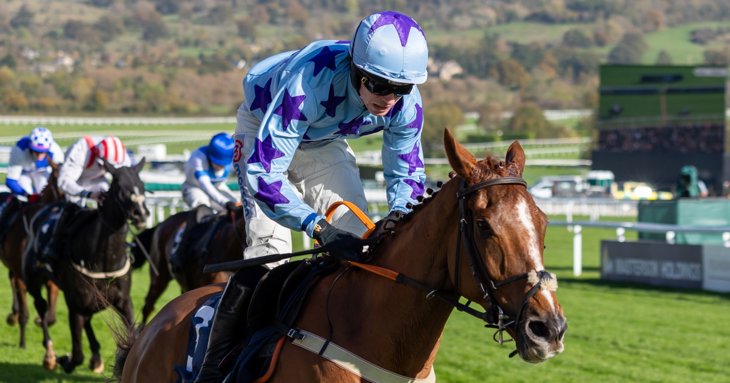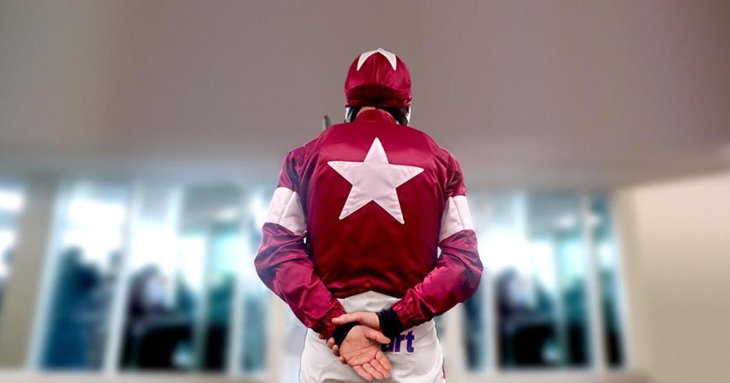With speculation mounting that betting tax on horseracing could rise from 15 to 21 per cent in November’s Autumn Budget, the future of Cheltenham’s world-famous racing scene seemingly hangs in the balance.
From striking jockeys to fears over lost jobs and a hit to the local economy, SoGlos spoke to leading figures in the horseracing sector about what the proposed rise could mean for the Home of Jump Racing.
What are the proposed horseracing tax increases?
Currently, the racecourse betting sector functions on a tax rate of 15 per cent, but there could be plans to raise it to 21 per cent in line with the rate that is imposed on other online gambling games and casinos.
Speaking to the BBC, exchequer secretary to the treasury, Dan Tomlinson MP, said: 'The chancellor has been clear that speculation on tax rises, which is what this is, is not only inaccurate, but also irresponsible.
'Our wider gambling consultation is about levelling the playing field and simplifying the system.'
But if the Autumn Budget – which is set to be revealed on Wednesday 26 November 2025 – does include this tax hike, what could it mean for Gloucestershire's horseracing culture and its racing seasons at the Home of Jump Racing, Cheltenham Racecourse?

What is the #AxeTheTax campaign?
In an unprecedented move, for the first time in the sport's modern history, there was a full racing strike on Wednesday 10 September 2025, in which no horseracing meetings took place at any racecourse in the country.
A group of top jockeys, trainers and owners, including Hollie Doyle, Oisin Murphy and Cheltenham-raised Tom Marquand, also took to the streets of Westminster during the strike to oppose the tax rise.
The #AxeTheTax campaign, led by the British Horseracing Authority, determines that if the tax were to go ahead, it could mean losses of £330 million for British racing over the first five years, as well as over 2,000 jobs put at risk.
What could the tax rises mean for Cheltenham Racecourse and Gloucestershire racing fans?
SoGlos sought comment from The Jockey Club, the national organisation that runs 15 different tracks across the UK, including Cheltenham Racecourse, to understand the effects of the speculated tax rises.
Chief executive of Cheltenham Racecourse, Guy Lavender, said: 'Horseracing is not only the second most attended sport in Britain and an industry which contributes more than £4 billion to the UK economy, it is part of the fabric of our society and stages some of Britain’s most iconic and celebrated events, none more so than the Cheltenham Festival.
'Our racecourse is right at the heart of horseracing in this country, both in terms of its location in that we are surrounded by so many training yards, stud farms and other businesses which rely on the sport and the Thoroughbred, but also for participants and fans everywhere as the Home of Jump Racing.'
Tom Bellamy, a National Hunt jockey based in the Cotswolds, added: 'I've been involved in the Gloucestershire horseracing sector and have been visiting Cheltenham Racecourse my whole life and if the proposed tax comes in it could be devastating for the industry as a whole.
'The tax could mean less people betting, less people attending racing, then there will be less need for trainers, less owners, less jockeys – less people employed in the industry.
'I believe the effects will start from the top and trickle down until it eats British racing alive.'

What could the tax rises mean for Cheltenham's economy?
Cheltenham Racecourse and its annual Cheltenham Festival brings millions of pounds to the local economy every year, not just through tickets bought at the gates but through spending at surrounding pubs, restaurants, hotels and shops.
SoGlos spoke to Cheltenham's MP and home affairs spokesperson for the Liberal Democrats, Max Wilkinson, who said: 'Harmonising gambling tax rates between horseracing and online casinos would damage the horse racing industry and threaten thousands of jobs across the UK.
'That’s why the Liberal Democrats would double the rate of remote gaming duty and resist the rise in taxes on horse racing. This approach would recognise the harm of online casino gambling while raising much-needed revenue for the treasury.
'Festival week is an enormously important week for our local hospitality businesses who often rely on trade that week.
'And while there’s some disruption during race meetings, the racecourse itself has worked positively with others to reduce antisocial behaviour for local people – including supporting my War on Wee campaign.'
Guy Lavender added: 'If the government’s proposals to raise the tax go ahead there would be dire and significant consequences for British racing, financially and in terms of job losses and, as a racecourse which delivers an estimated £274 million in Cheltenham Festival week alone to the local economy, it would be naive to think that our own local communities would not be impacted.
'British racing is determined to work together to oppose these proposals and highlight just how harmful and ill-thought-out they are, hopefully prompting the government to reconsider.'
SoGlos has approached the Labour Party representative for Cheltenham for comment, but has not received a response at the time of publication.
A final decision on tax rises will be made in the Autumn Budget when it is announced on Wednesday 26 November 2025 – stay up-to-date with SoGlos by following on Facebook, Instagram and LinkedIn or sign up to our weekly newsletters.



















